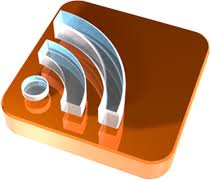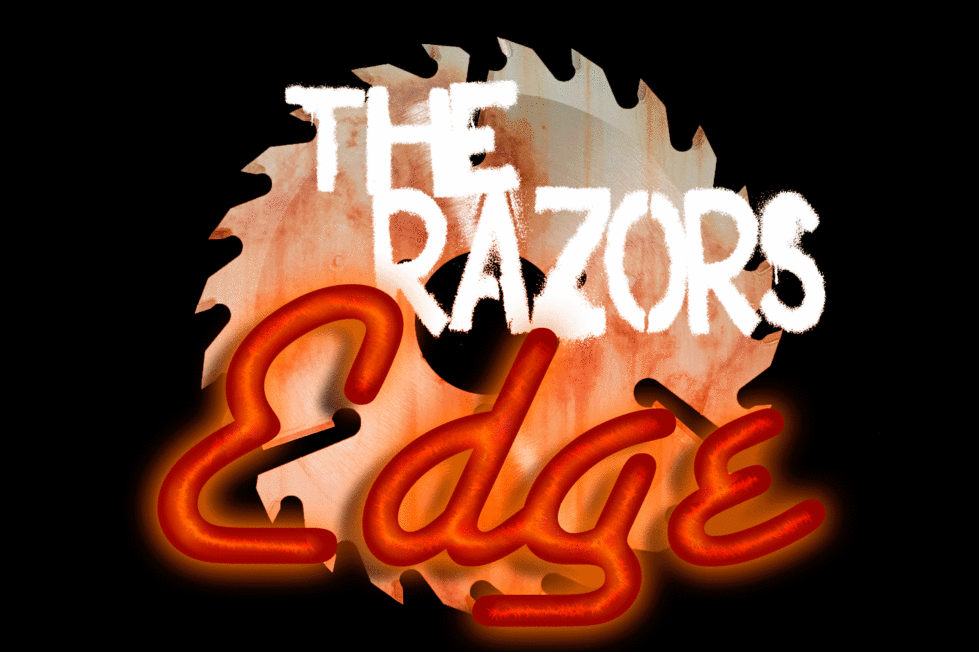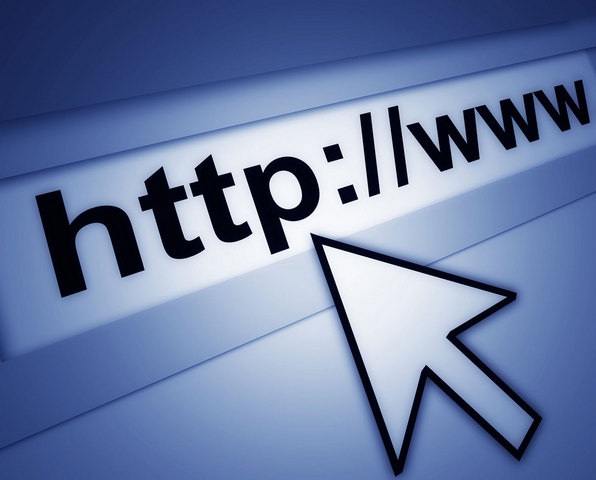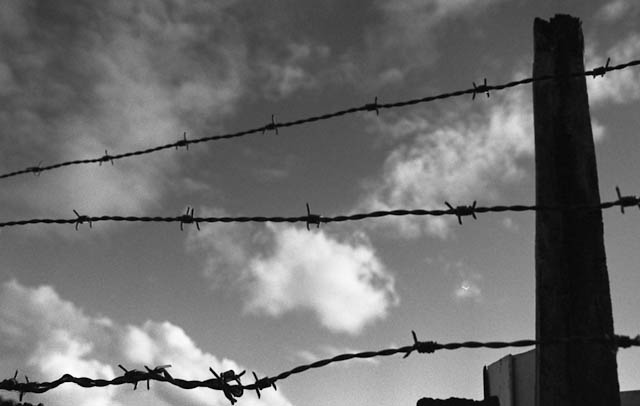Related Posts
 Previous Post
Previous PostHow To Create An RSS Feed For Your Website
RSS stands for Really Simple Syndication or Rich Site Summary; it's an XML based content format for distributing things like news, headlines, content, etc. These are popular because instead of relying on them to bookmark your site and return later, their RSS reader keeps your site fresh by showing them your latest posts as a simple headline

 12 Things Every Website Should Have
12 Things Every Website Should Have If you're brand new to creating websites or blogs you may feel a little like a deer caught in the headlights of a truck when it comes to figuring out what things your site needs. There are thousands of things to choose from such as GIF files, videos, widgets, slide shows etc. But before you start getting carried away adding these things you need to add the basics, call them your core fundamentals if you will. Without these your site won't be as effective as what it could be, and won't attract the traffic that you want.
1. Contact Information Or Contact Page
This is how your viewers and potential subscribers can reach you if they have any questions, exchange links, or to get your opinion of something. Include only the information that you feel comfortable posting on your site such as an email address. If it's a business related website have the companies contact information and address. Make this page easy to access such as placing it on your sites menu or posting a link on the side or top of each page.
2. About Us Page
I’m not a huge fan about talking about myself, but having an about me page on your site is a great way for your viewers to understand what your site is about. Talk about what you’re trying to offer and why you’re doing it. If your website is limited in the number of pages you can use this is also an excellent place to post your contact information.
3. Make It Easy To Navigate
People get pissed and really frustrated when they find a website or blog that really like, only to feel like their going in circles trying to find a specific page or article. Make sure all your pages have some type of menu in an easy to spot area such as the top of the page. Have all your pages link back to your homepage, and have pages that your not displaying on your menu have easy to find links so they can be found.
4. Analytics
AnalyticsThis is an extremely important tool for you to track the traffic and trends of your site. I use Google Analytics but there are many others that will give you detailed information on your sites performance. Analytics will tell you everything from the number of unique visitors to your site, how long they stayed, where they came from, and most important of all which pages they like and which ones they don't. Keep an eye on this on a regular basis to keep up to date on any changes you need to make.
5. Grammar And Spelling
This one seems like a no brainer but is often overlooked. Make sure before you post a new article that you use some form of spell check. It'll save you embarrassment in the future when people are sending you comments correcting your spelling.
6. Subscribe
Once people start to find your site there going to start going to want to know when you post new content so they can keep up to date. Providing a way for them to subscribe will help them keep up to date and provide you with repeat traffic. A few ways you can do is are:
- An RSS feed ( if you don't know how to set up an RSS feed click here )
- Mailing list
- Newsletter
7. Site Map
Search engines use bots to crawl websites to index them in their search engines and many viewers want a simple way to view your content. To do this create a site map, essentially it's like a table of contents for your website that lists every page and links to them. There are a number of sites that will automatically create a site map for you if you don't know how to type on out.
8. Make Your Homepage Easy To Update
Many websites simply create a homepage and then leave it. You want to ensure you have spaces or a layout that allows you to add and change content as you update your site as often as possible. An example of this would be at the bottom of this sites homepage where I display my recent posts. Every time a new a post is created a link and a short description is added or replaces an older post.
9. Search Engine Friendly URL's
Your URL address should have the tile of the page and if possible it should end with .html. ( ie. http://www.therazors-edge.com/index.html ) Try to avoid things like question marks or other symbols as these can make it harder for search engine bots to locate your site as well as people trying to type in your URL to your site.
10. Keywords And Meta Tags
You can have the most informative and useful site in the history of the internet, but if you don't have keywords or Meta tags your site is dead before it ever had a chance. Make sure every page has a couple for people be able to find your site or specific pages of your site. There are lots of tools that will help you determine which keywords you want to use such as Adwords Keyword Tool.
11. All Pages Need A Title
I don't think there are many if any who are looking for sites by typing "untitled document" or "blank page". Make sure all your pages have a title that reflects the content you’re displaying on it.
12. Last But Not Least Is Fresh Content
This is probably the most important aspect of your site. You can all the right keywords, a great layout, and its search engine friendly. But if you don't update and add new content on a regular basis those viewers who visited won't have any reason to come back. You don't have to update every day ( unless you have the time and really want to ) but try to add content on a regular schedule.





